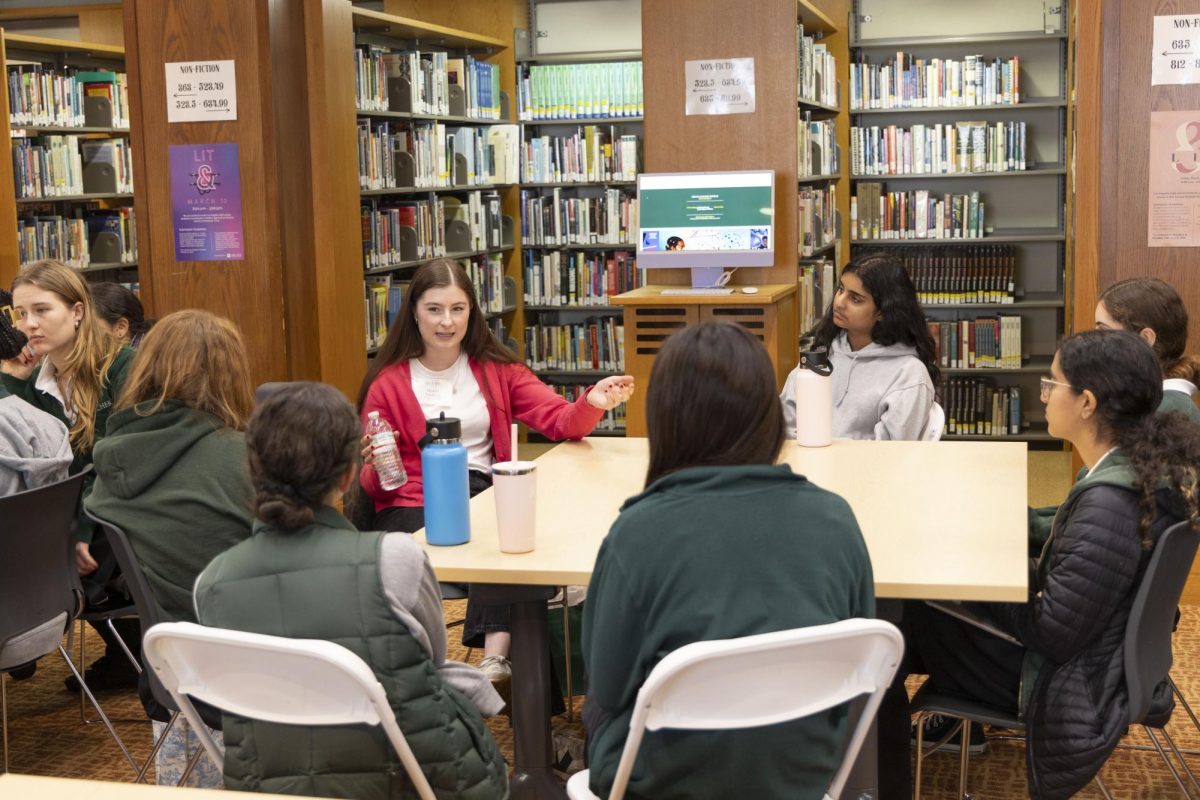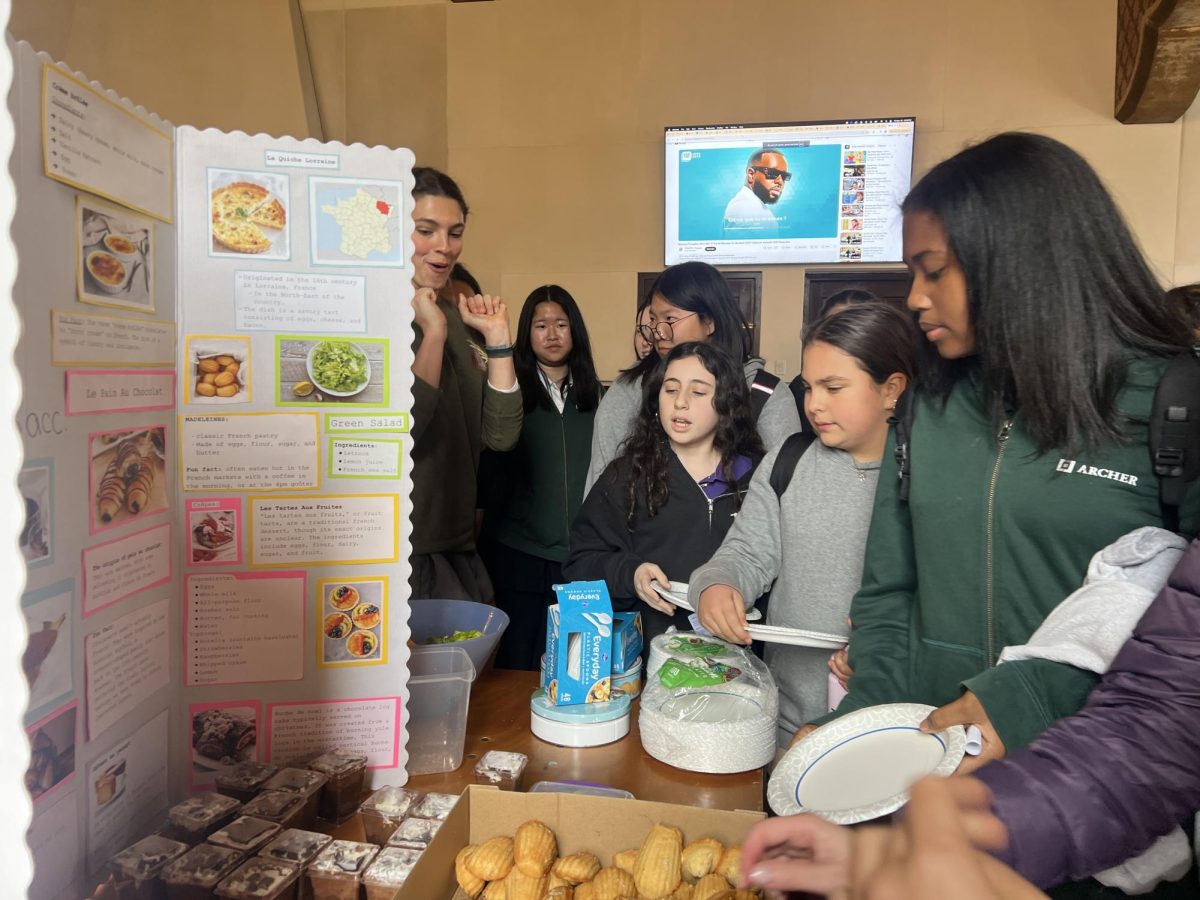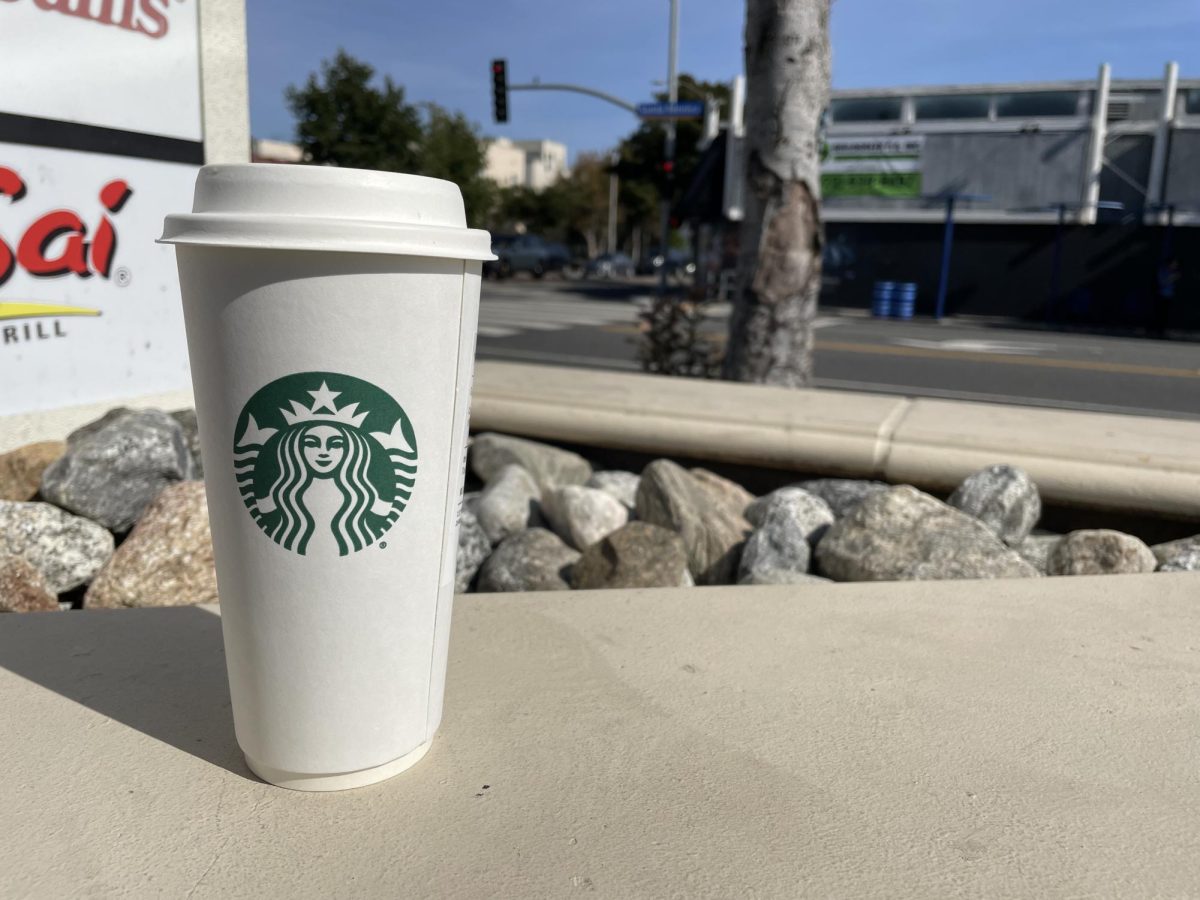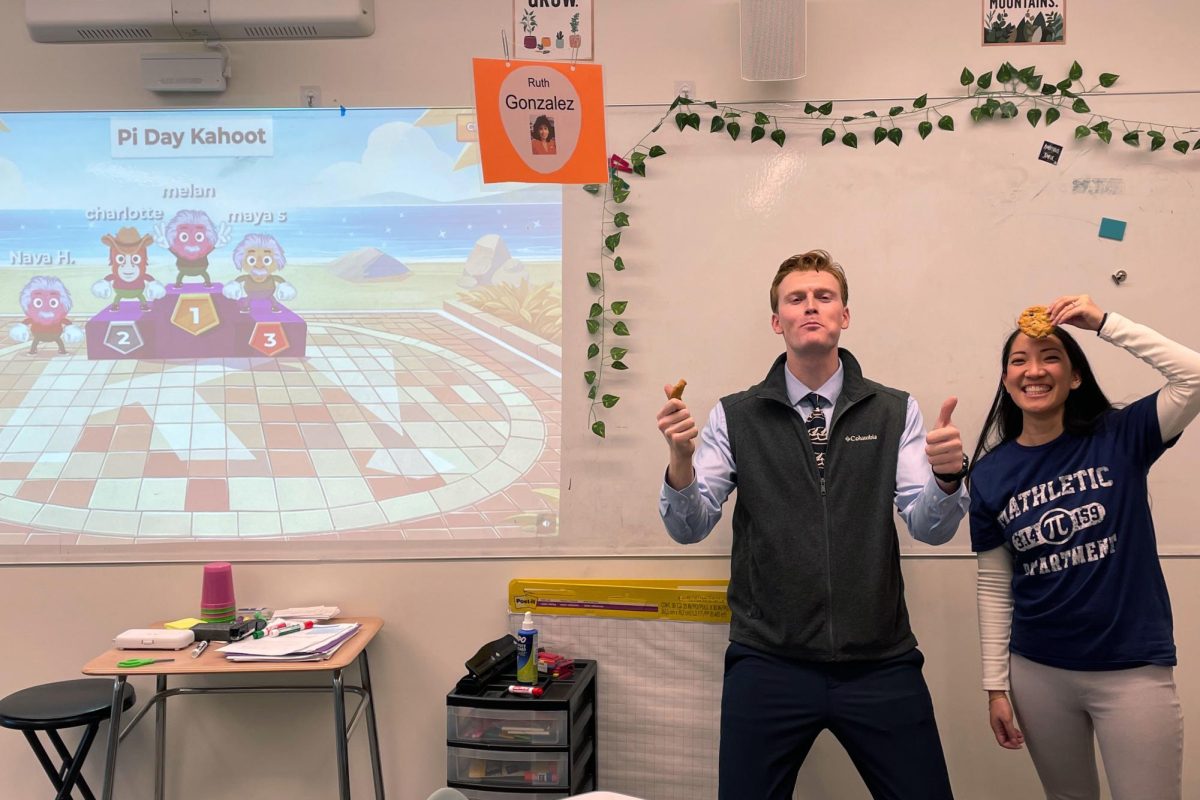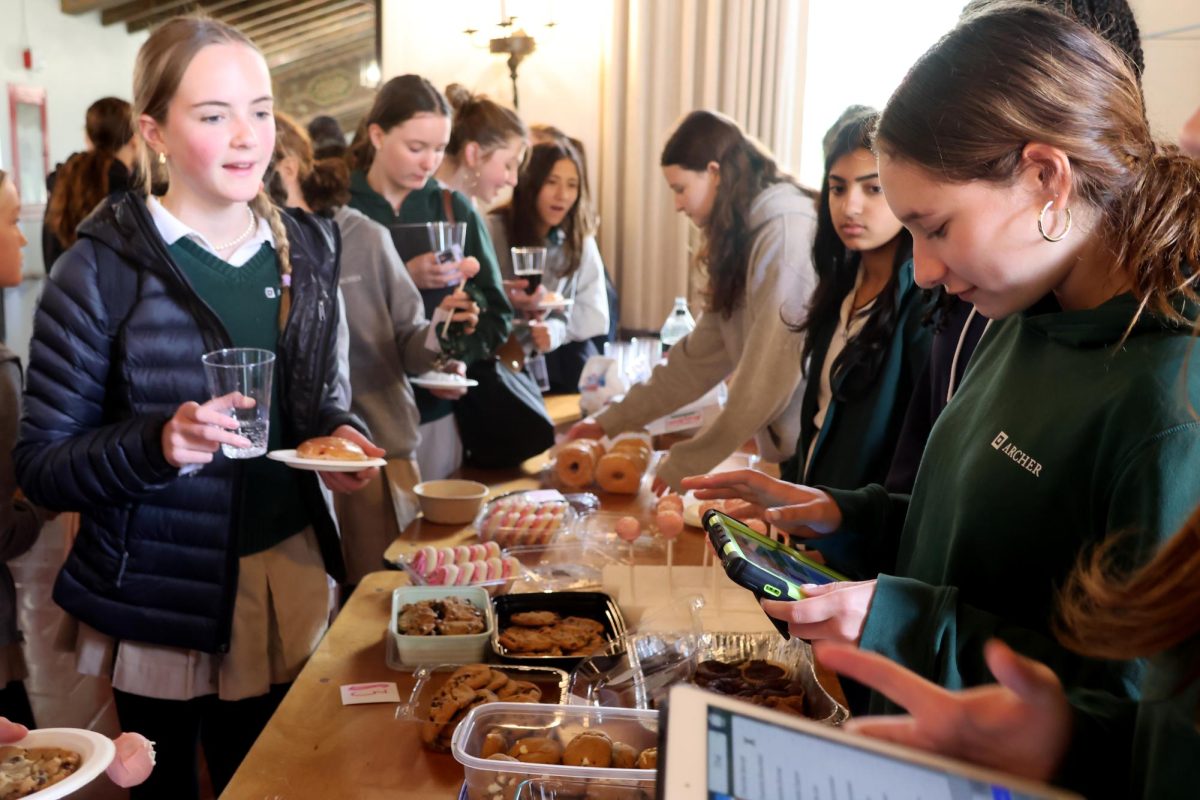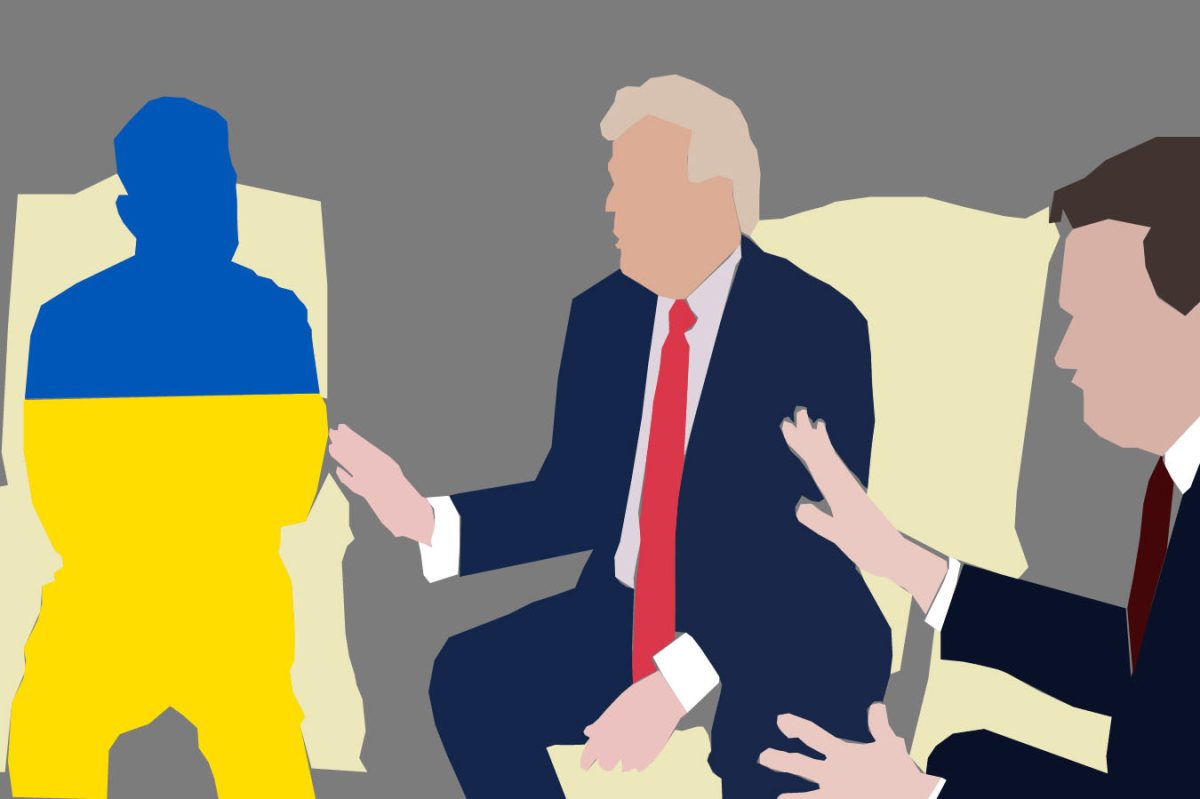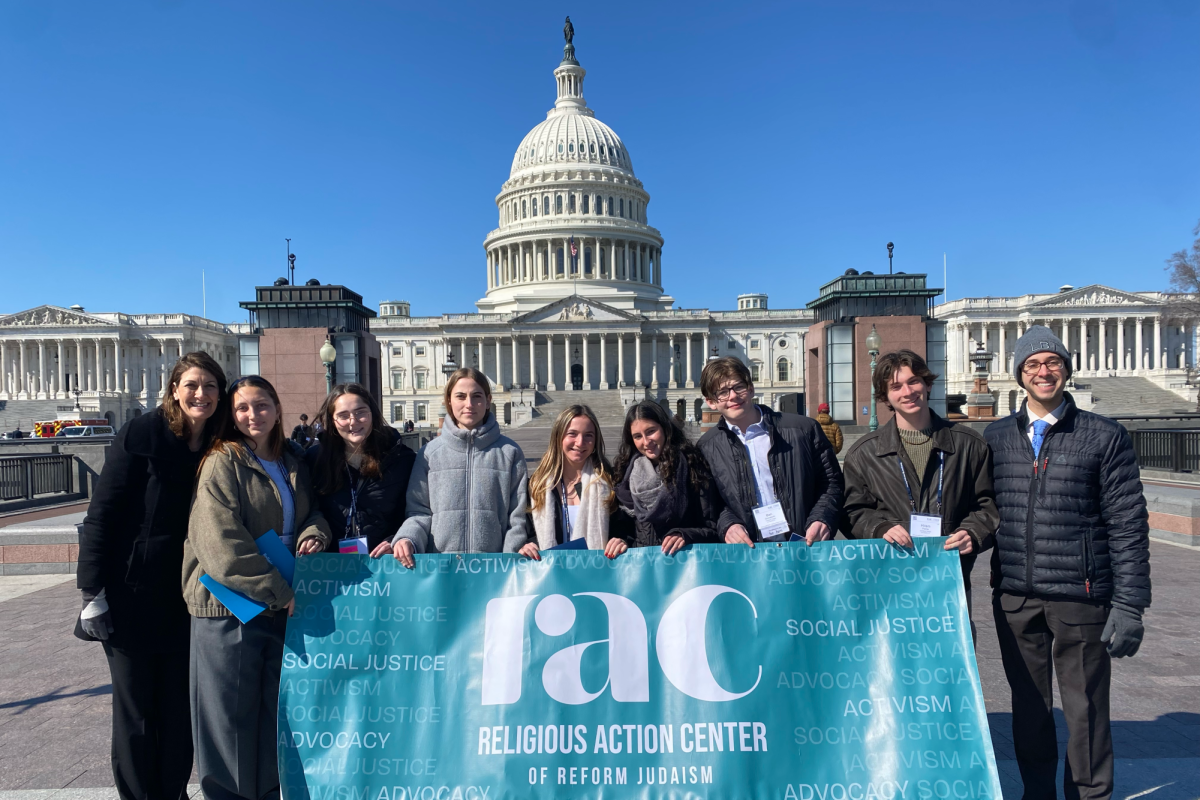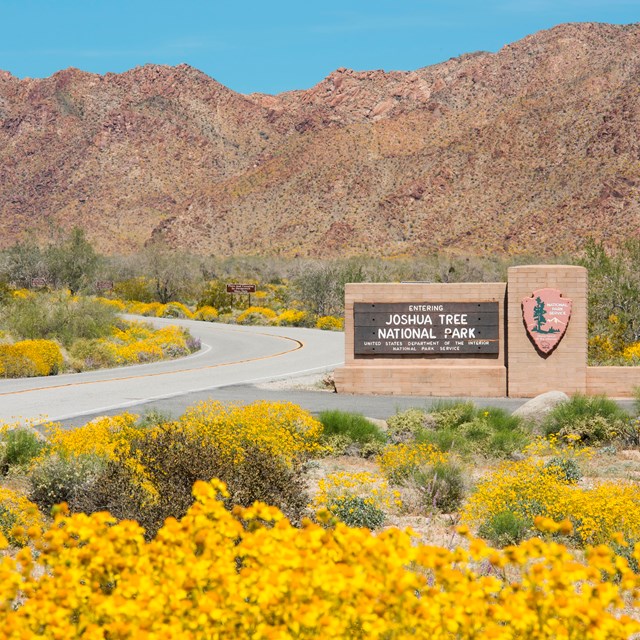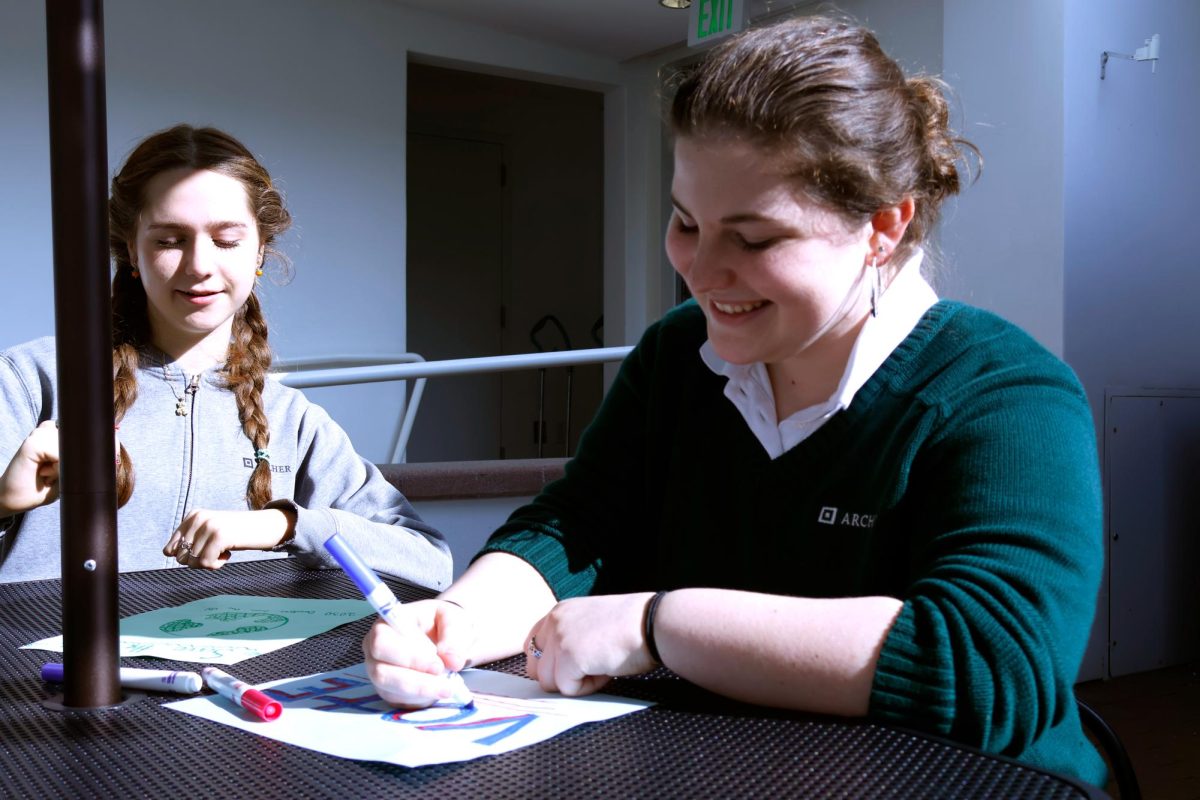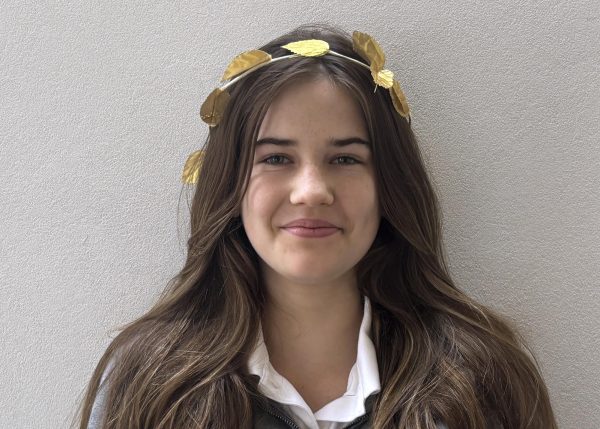Thousands of families watched the vice presidential debate from their screens to get a clearer view into the world of politics.
According to the American Debate League, debates are used to prove points, solve arguments and persuade viewers to take the speaker’s side on a case. On a larger scale, presidential and vice presidential debates are held to inform the public about candidates’ stance on national issues and policies and particular political topics.
The 2024 vice presidential debate took place Oct. 1 from 6-7:30 p.m. The debate was between Republican nominee JD Vance and Democratic nominee Tim Walz.
The debate moderators, Nora O’Donnell and Margret Brennan, asked candidates questions about their stance on current, global issues, such as the environment, gun laws, abortion and immigration. These topics are what many voters might be looking for when casting their vote for this election, according to a Pew Research Center study.
Sophomore Autumn Walker watched the debate and said it helped her learn more about what policies the candidates plan to enact if they are elected. Walker said she was particularly interested in the candidates’ stances on gun rights.
“I learned a little bit more about how each side would approach gun control after that debate — Tim Walz [talked] about regulations and reform,” Walker said. “I really love that he talked about not wanting to take away Second Amendment rights overall, but just wanting to create more restrictions so that firearms don’t fall into the wrong hands.”
Walker said she thinks it is very important to watch vice presidential debates because they allow individuals to better understand how the government might look once candidates are elected.
“I know some people maybe don’t choose to watch the debate because it’s the vice presidential debate, but at the end of the day, they are still very big decision makers when it comes to our governmental structure,” Walker said. “Their voices should be heard because if the President needs to step down for some reason, they are the next in line to be in charge.”
Delainy Lloyd (’30) also watched the debate, and she said she noticed how polite the opponents were to each other in their interactions, in comparison to the presidential debate.
“I had never seen a vice presidential debate before, and it was really cool. I liked how they shook hands at the beginning — that was really nice,” Lloyd said.
Similarly, history teacher Bethany Neubauer said that she was surprised by how civil the debate was. She said this felt unusual, since in previous debates between candidates opponents would alienate or discards the other nominee.
“I was encouraged by seeing the two vice presidential candidates being so aware of one another — saying, ‘I agree with a lot of what the senator just said or with what the governor just said,” Neubauer said. “I wish that we could see more of that in politics.”
Neubauer described her students’ reactions when she brought up the vice presidential debate in her 11th grade history classes.
“I was pleased to see that people were interested,” Neubauer said. “A lot of people said that they watched the debate. It was interesting to see some students say that they were — I think they were being humorous — hoping that the candidate that they don’t like as much would maybe not do a good job, and so maybe discourage people from voting for that person.”
Several students in the Archer community watched the debate, even though many students will not be able to vote for some years. Walker said the vice presidential debate is arguably just as equal in importance to the presidential debate.
“I really think that it’s important to have vice presidential debates,” Walker said, “because even if they’re not the president, they are still making a lot of decisions in our country when elected.”




